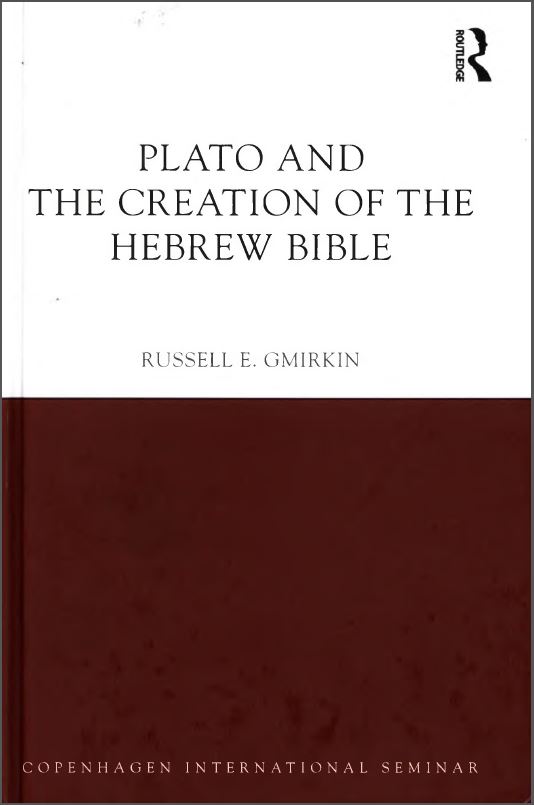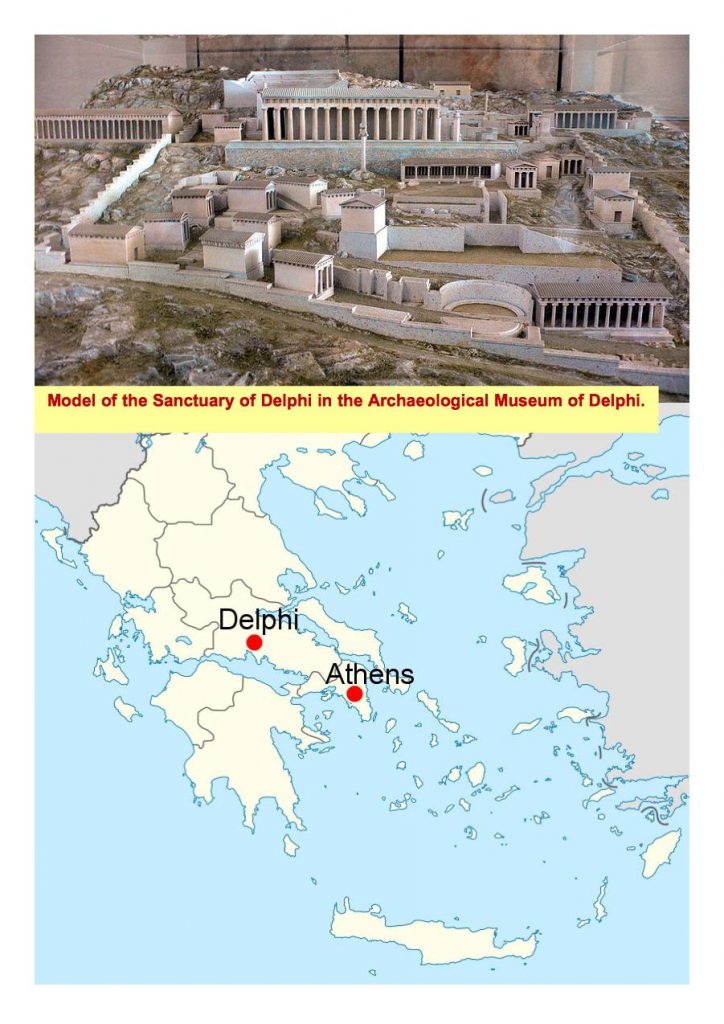 The Ten Commandments are a strange mix. They proscribe not only stealing and even the craving to have any property belonging to your neighbour. (And neighbour’s property includes his wife.) The command not to kill is certainly not meant to be interpreted literally as a general law since God elsewhere commanded lots of killing of people and animals. Actual laws relating to killing need to cover situations of accidental, impulsive and premeditated killing and the Pentateuch does set out laws covering those variables as we saw in Plato and the Hebrew Bible: Homicide Laws.
The Ten Commandments are a strange mix. They proscribe not only stealing and even the craving to have any property belonging to your neighbour. (And neighbour’s property includes his wife.) The command not to kill is certainly not meant to be interpreted literally as a general law since God elsewhere commanded lots of killing of people and animals. Actual laws relating to killing need to cover situations of accidental, impulsive and premeditated killing and the Pentateuch does set out laws covering those variables as we saw in Plato and the Hebrew Bible: Homicide Laws.
I had expected to be posting one of my final posts on Gmirkin’s book, Plato and the Creation of the Hebrew Bible by now but my study of the final chapter has directed me to a section I covered all too sketchily earlier. So here we are. Back at chapter 4, “Greek and Ancient Near Eastern law collections”.
The Ten Commandments certainly have a distinctive reputation unequalled by any of the other laws in the Hebrew Scriptures. God even commanded for them to be kept in the ark of the covenant, translated as “coffer” in the Everett Fox translation of Deuteronomy 10:1-5, but I have changed “coffer” for the more familiar “ark”:
10:1 At that time YHWH said to me:
Carve yourself two tablets of stone, like the first-ones, and come up to me, on the mountain, and make yourself an ark of wood.
2 I will write on the tablets the words that were on the tablets, the
first-ones, that you smashed, and you are to put them in the ark.
3 So I made a ark of acacia wood,
I carved out two tablets of stone, like the first-ones,
and I went up, on the mountain, the two tablets in my arms.
4 And he wrote on the tablets according to the first writing, the Ten Words
that YHWH spoke to you on the mountain, from the midst of the fire,
on the day of the Assembly, and YHWH gave them to me.5 And when I faced about and came down the mountain,
I put the tablets in the ark that I had made,
and they have remained there, as YHWH had commanded me.
And they do appear to be as much wisdom saying as law, or even more wisdom saying than law. Not only in content, but even in style since, like proverbs they are addressed to the second person “you”. They even address attitudes or feelings that are not even acted upon, which of course is not the sort of thing a “law” typically addresses. Further, their structure facilitates learning and recitation:
The Ten Commandments in Deuteronomy 5:6–21 are an excellent example of teaching structured for memorization. The rules focus on central values of ancient Israel. As Erhard Gerstenberger observed decades ago, their “apodictic” form most closely resembles that of gnomic instructions inside and outside Israel. In addition, the ordering of the list into ten items—however this is done in various streams of tradition—allows the beginning student to use his or her fingers to count off and see whether he or she has included all of the key elements of this fundamental instruction. This combination of elements—focus on central values, simplicity of form, and memorizability—has contributed to the ongoing use of the Ten Commandments in religious education up to the present, along with the focus on them as an icon of central values in contemporary cultural battles over the biblical tradition. (Carr, David M., Writing on the Tablets of the Heart: Origins of Scripture and Literature. Oxford: Oxford University Press, 2005, p. 137 — referenced by Gmirkin, page 204)
Again with the Everett Fox translation, Deuteronomy 5:6-18:
6 I am YHWH your God
who brought you out of the land of Egypt, out of a house of serfs.
7 You are not to have other gods beside my presence.8 You are not to make yourself a carved-image of any form
that is in the heavens above, that is on the earth beneath, that is in the waters beneath the earth.
9 You are not to prostrate yourselves to them, you are not to serve
them,
for I, YHWH your God, am a jealous God, calling-to-account the iniquity of the fathers upon the sons to the third and to the fourth (generation) of those that hate me,
10 but showing loyalty to thousands
of those that love me, of those that keep my commandments.11 You are not to take up the name of YHWH your God for
emptiness,
for YHWH will not clear him that takes up his name for emptiness!12 Keep the day of Sabbath, by hallowing it, as YHWH your God has commanded you.
13 For six days you are to serve and to do all your work;
14 but the seventh day
(is) Sabbath for YHWH your God— you are not to do any work:
(not) you, nor your son, nor your daughter, nor your servant, nor your maid, nor your ox, nor your donkey, nor any of your animals, nor your sojourner that is in your gates— in order that your servant and your maid may rest as one-like- yourself.
15 You are to bear-in-mind that serf were you in the land of Egypt, but YHWH your God took you out from there with a strong hand
and with an outstretched arm; therefore YHWH your God commands you to observe the day of Sabbath.16 Honor your father and your mother,
as YHWH your God has commanded you, in order that your days may be prolonged, and in order that it may go-well with you on the soil that YHWH your God is giving you.17 You are not to murder!
And you are not to adulter!
And you are not to steal!
And you are not to testify against your neighbor as a lying witness!
18 And you are not to desire the wife of your neighbor; you are not to crave the house of your neighbor,
his field, or his servant, or his maid, his ox or his donkey, or anything that belongs to your neighbor!
Of particular significance for Russell Gmirkin’s thesis is that these Ten Commandments have no known parallel in ancient Near Eastern law codes.
So were the authors of the Decalogue bestowed with a superior gift of spiritual insight?

Or were they influenced by “best ideas” of sacred law and wisdom found in a culture to their west? Should we consider a set of “laws” or “sacred sayings” inscribed in stone at Greece’s principal temple at Delphi? The Delphic sanctuary was the centre for Apollo and city-states would send ambassadors to the site to seek guidance from Apollo’s prophetess there.At that holy site was a world-renowned inscription of wisdom sayings that took on the status of sacred laws. Continue reading “Ten Commandments: Where Did they Really Come From?”
